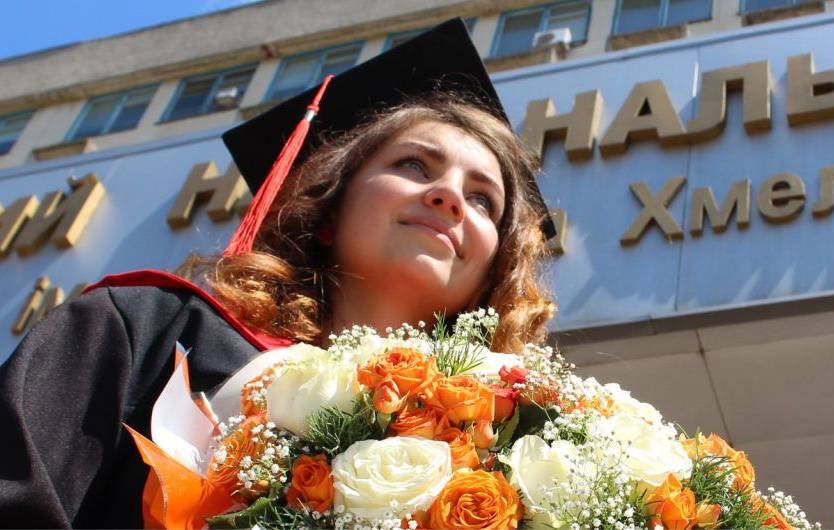Svitlana Koval, Senior Lecturer at the Department of Journalism, Advertising and PR-Technologies at Bohdan Khmelnytsky National University of Cherkasy, became a participant in the project “Improving the Quality of Education of Young Journalists in Ukraine”, which is implemented by the Czech non-governmental organization “Association for International Affairs” (AMO, www.amo.cz) with the support of the Ministry of Foreign Affairs of the Czech Republic.
Journalism lecturers from 11 Ukrainian universities took part in the educational trip. The educational program “Training of Journalists and the Specifics of the Work of Regional Media” included familiarization with the work of local media, intensive trainings, and lectures.
The participants were generously hosted by the Ukrainian Centre in Brno, founded by the public organization “Ukrainian Initiative of South Moravia” in March 2022 to help Ukrainians. The functioning of Ukrainian regional media in the conditions of war and new accents in the understanding of professional standards were discussed with Tetyana Lebedeva, a media expert and member of Commission on Journalism Ethics. Editor-in-chief Michal Šťastný talked about the activities of the popular online newspaper “Brněnská drbna” (“Brno gossip girl”). It is an interesting name to attract attention, but standards are followed, facts are checked. They have many readers, use social networks to distribute content, and have also launched a pilot project of podcasts on “Spotify”.
Czech Radio (Czech public service broadcaster) has 170,000 listeners who finance it. Editor and presenter Milos Shenkyrzh talked about history and the present. The tour began on the roof of a century-old building, where there is a special observation deck. The radio itself started broadcasting in 1924. Currently, the radio has about 1,300 employees, including orchestra players, and there is also a large hall where orchestra concerts are recorded.
They visited the Department of Media Studies and Journalism, which functions at the Faculty of Social Studies at Masaryk University in Brno. The university operates “Muni TV” that is a student television: students prepare materials for students. There are three editors (who were also students) and about 25 students. Everything is voluntary, but they are sometimes encouraged by the Rectorate’s scholarship and the enrollment of two additional credits. There is also “StudexTV”, which already produces multi-thematic products. Many journalist graduates of Masaryk University work at Czech Television Brno. The university also operates “Radio R”: it is both a student radio and a community radio. It is on the air 24 hours a day, anyone can offer content. The broadcasting grid includes more than 40 programs on various topics such as student life, science, sports, and politics.
— I am extremely grateful to the “Association for International Affairs” and personally to the coordinator of regional seminars and implementation of the competition Valentyna Ljulja, as well as to the coordinator of educational projects of AMO in Ukraine Zdenka Vágnerová for a productive internship and such professional inspiration! It is valuable to learn about the experience of colleagues from other universities, to compare how regional media work in Ukraine and in the Czech Republic, so in the near future I will tell my students about all the impressions of this educational trip at seminars, – noted Svitlana Koval.
Yana Ustohalova, a lecturer at the Department of Media Studies and Journalism and a journalist of the “Deník N” publication shared her professional experience in organizing student training and internship. It is interesting that to earn a bachelor’s degree, study lasts three years, and it is two years for a master’s degree; practice/internship in the third year lasts three months in local media; a qualification paper is a project that is produced over the course of three semesters; there is a student site “Stisk online”, like ours Mediastudent.online.
The participants of the trip joined the students of Masaryk University, who listened to the lecture “Using data journalism for countering disinformation and covering the war” by the deputy editor-in-chief of “Texty.org.ua” Halyna Pastukh.
More information about the educational journey, which is how the press service of one of the largest universities in the Czech Republic, Masaryk University, works, a meeting with an expert of the Ukrainian Media Centre in Vienna, what we learnt at the headquarters of Radio Free Europe / Radio Liberty in Prague, read on the website of the Department of Journalism, Advertising and PR-technologies.
http://cdu.edu.ua/en/news-en/bknuc-lecturer-svitlana-koval-completed-an-international-internship-in-the-czech-republic.html#sigProIde4a79651ff













